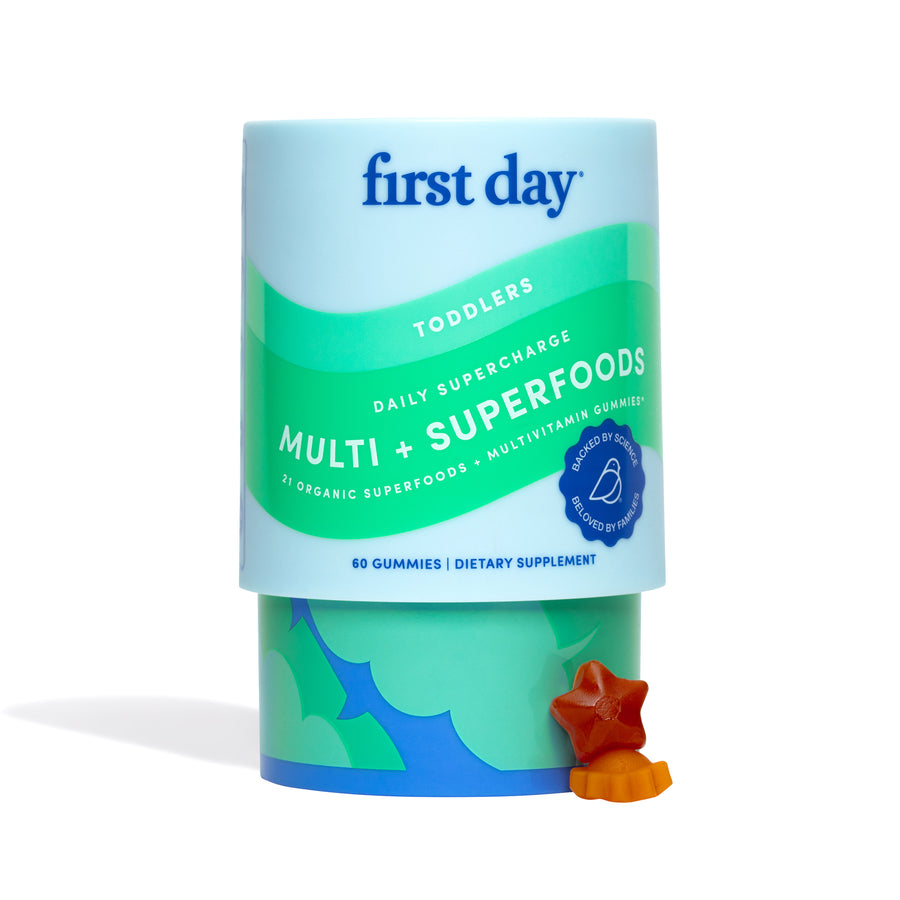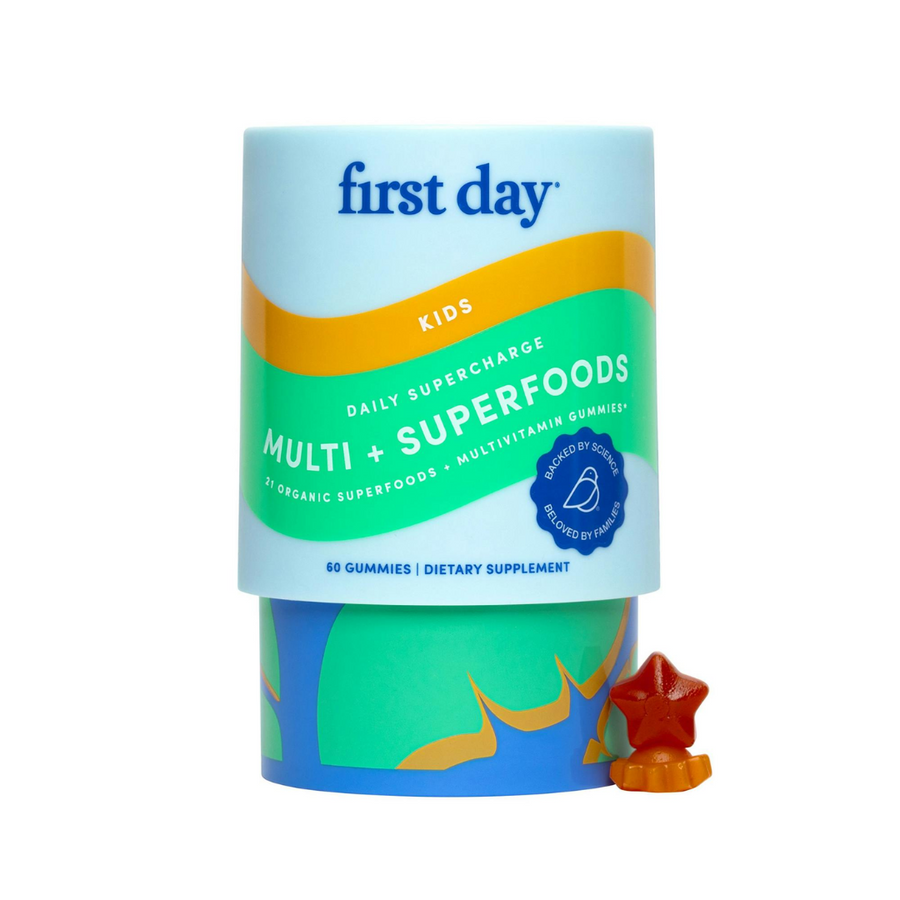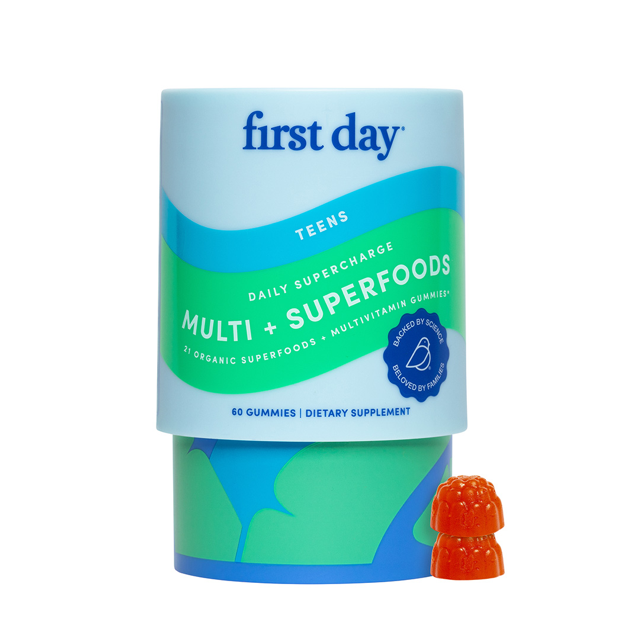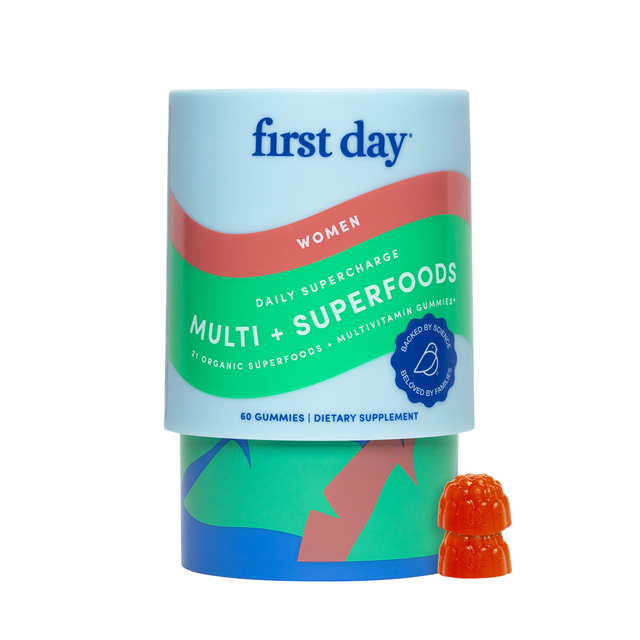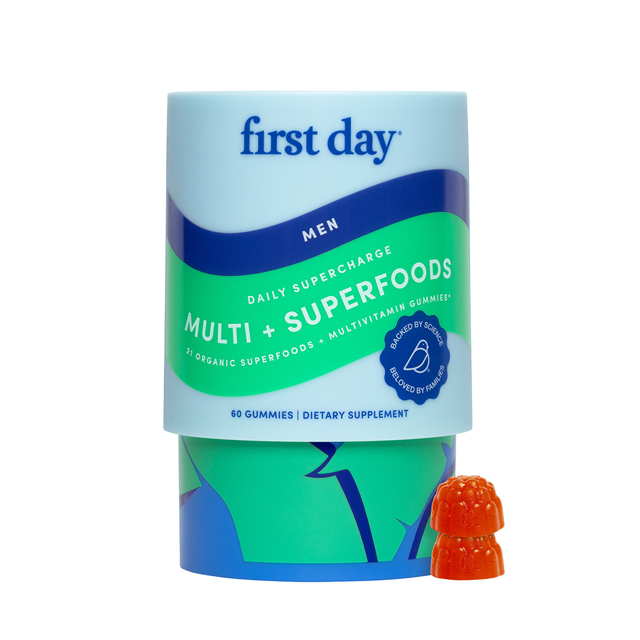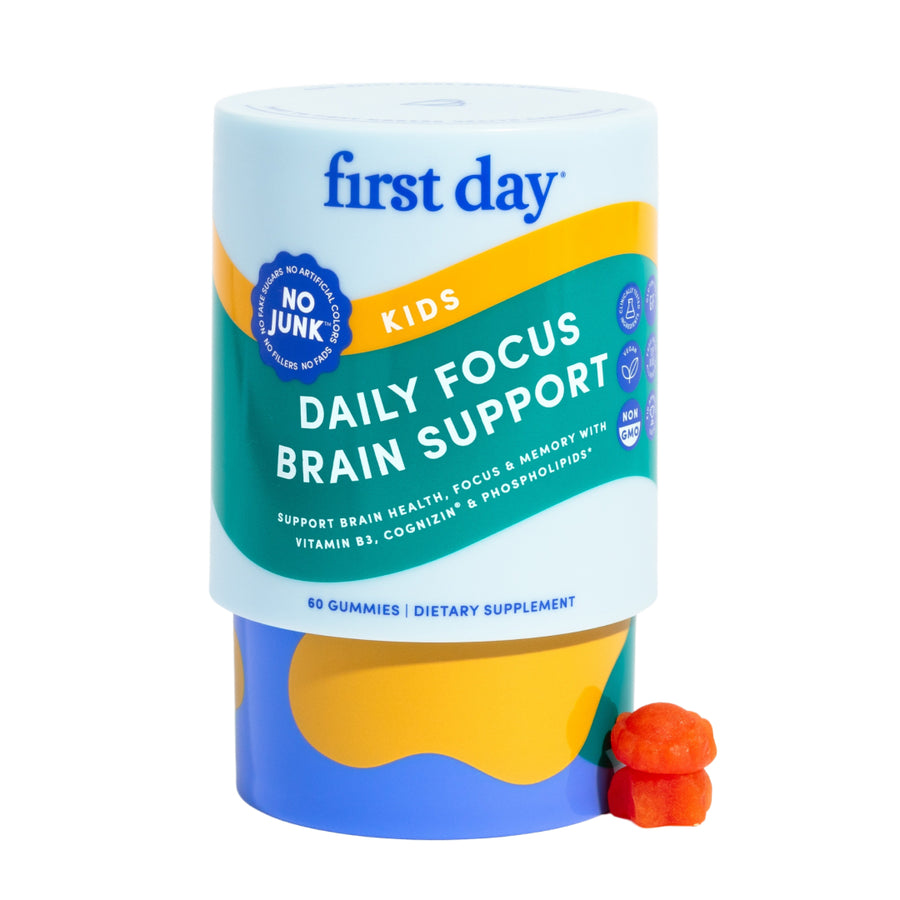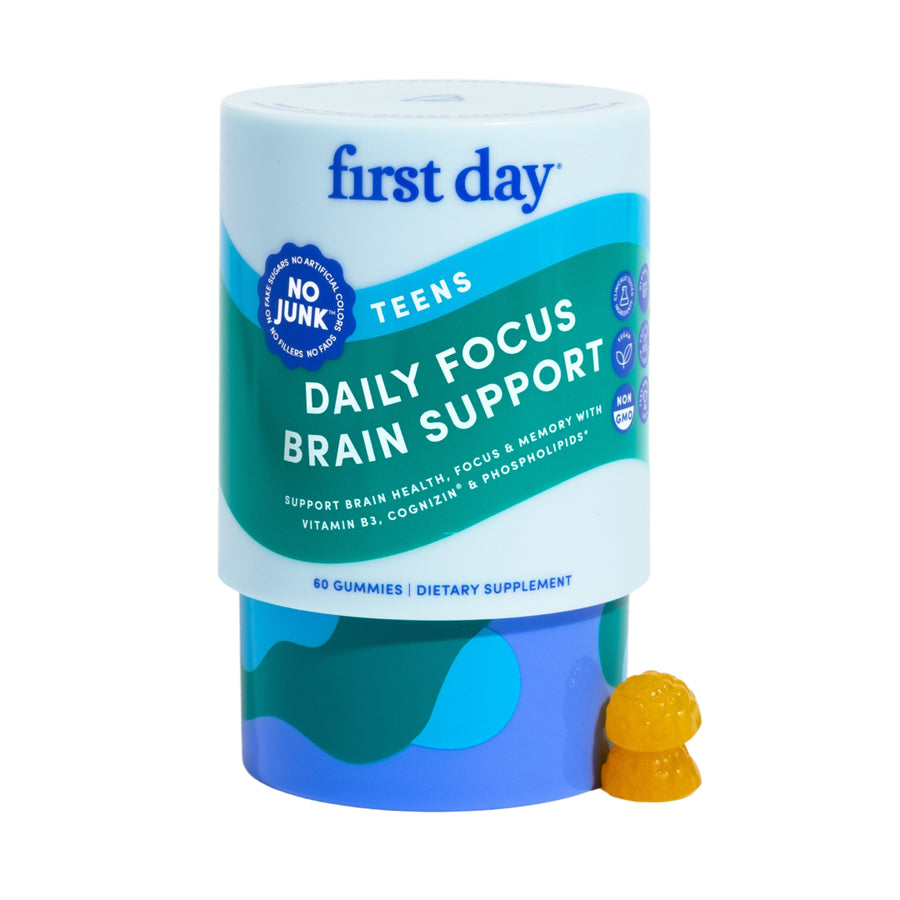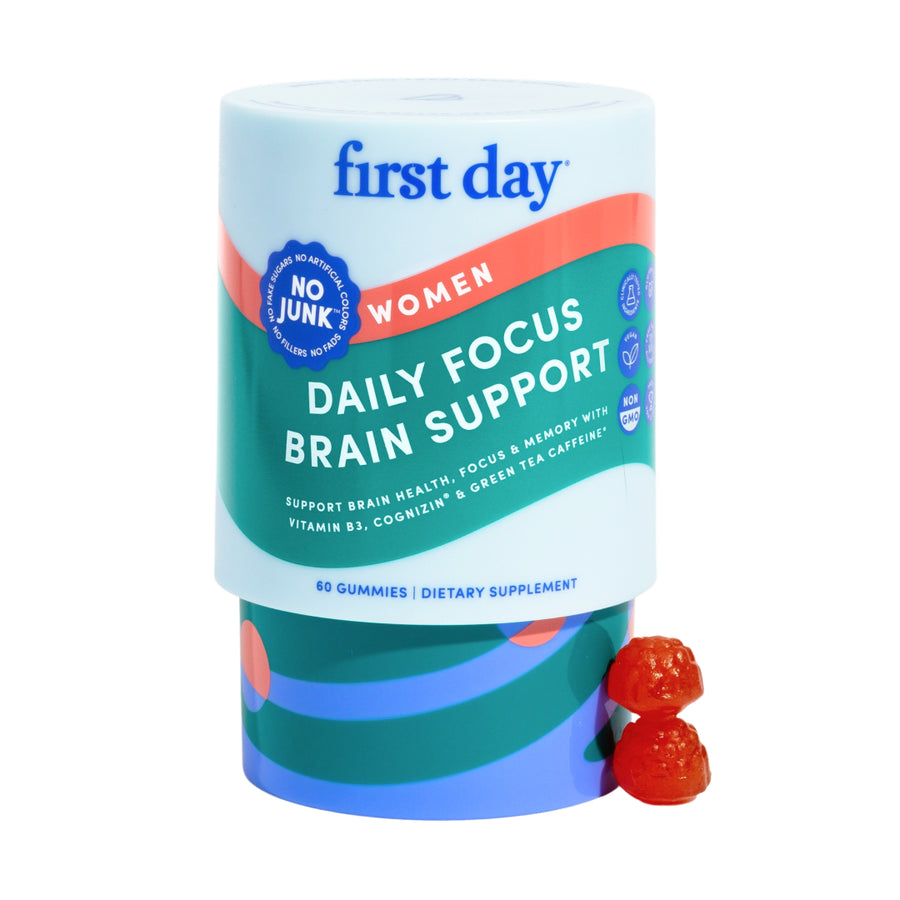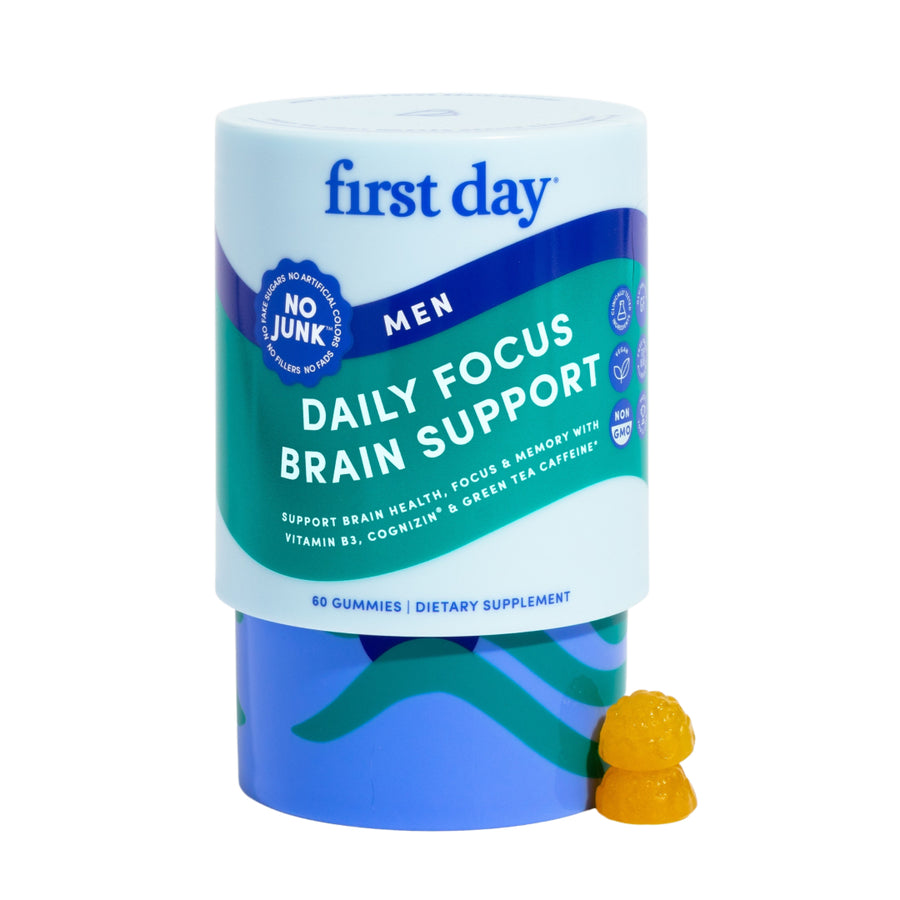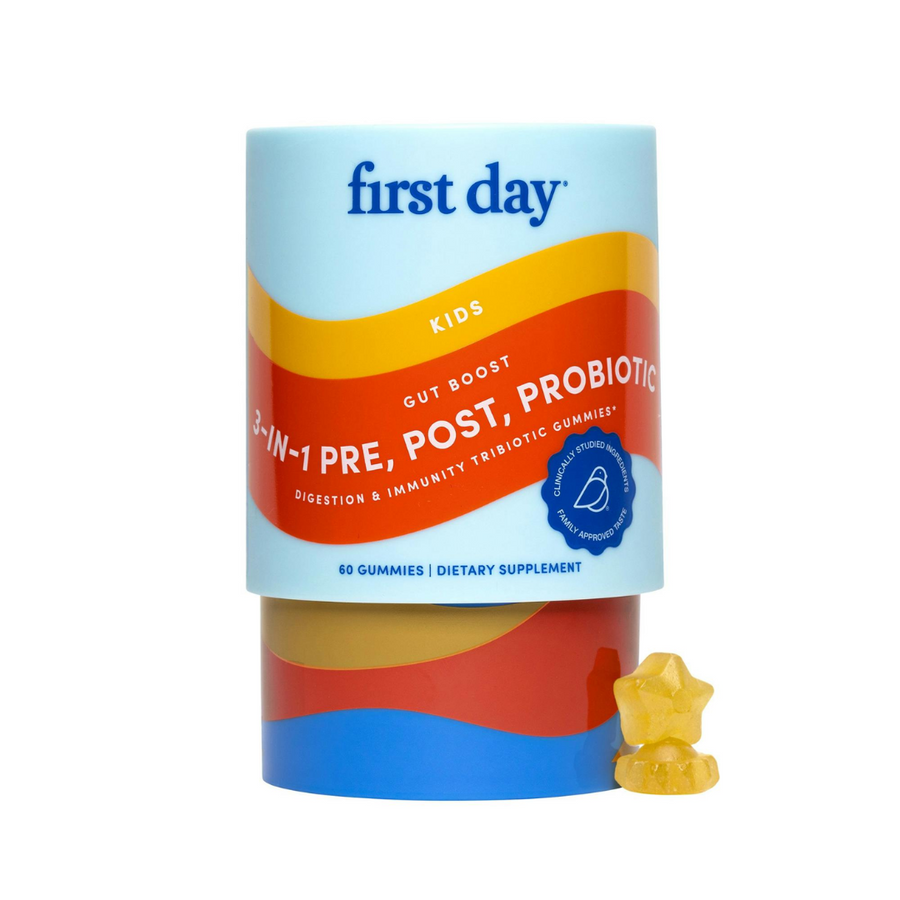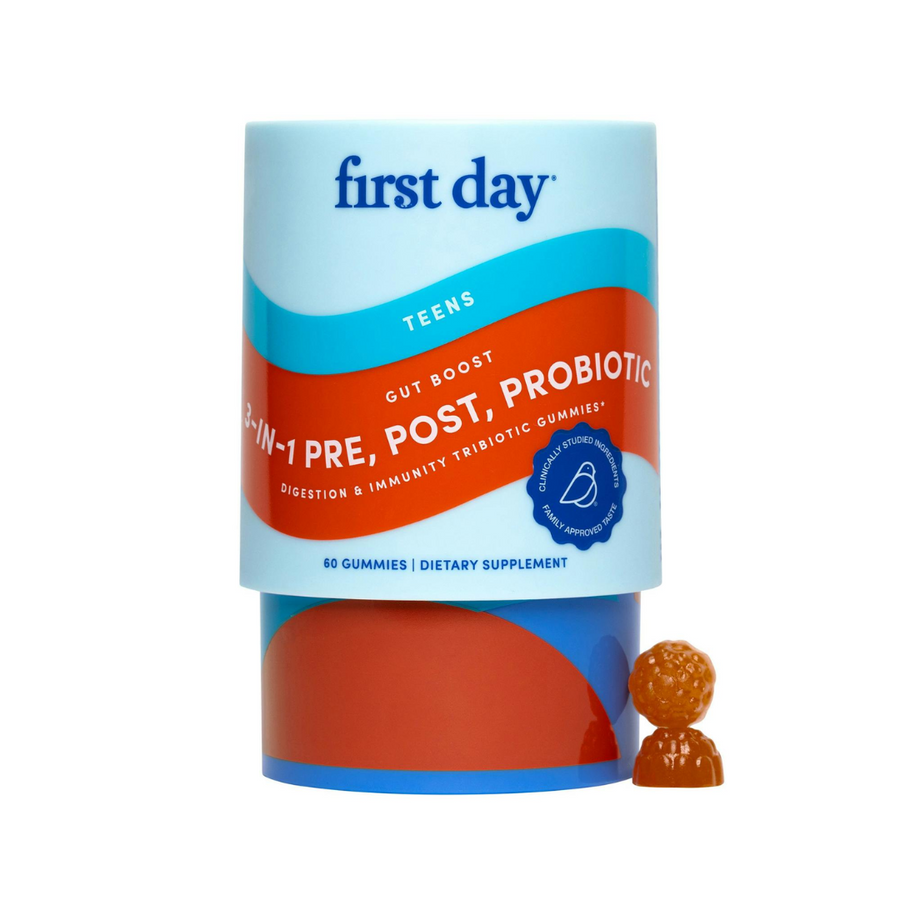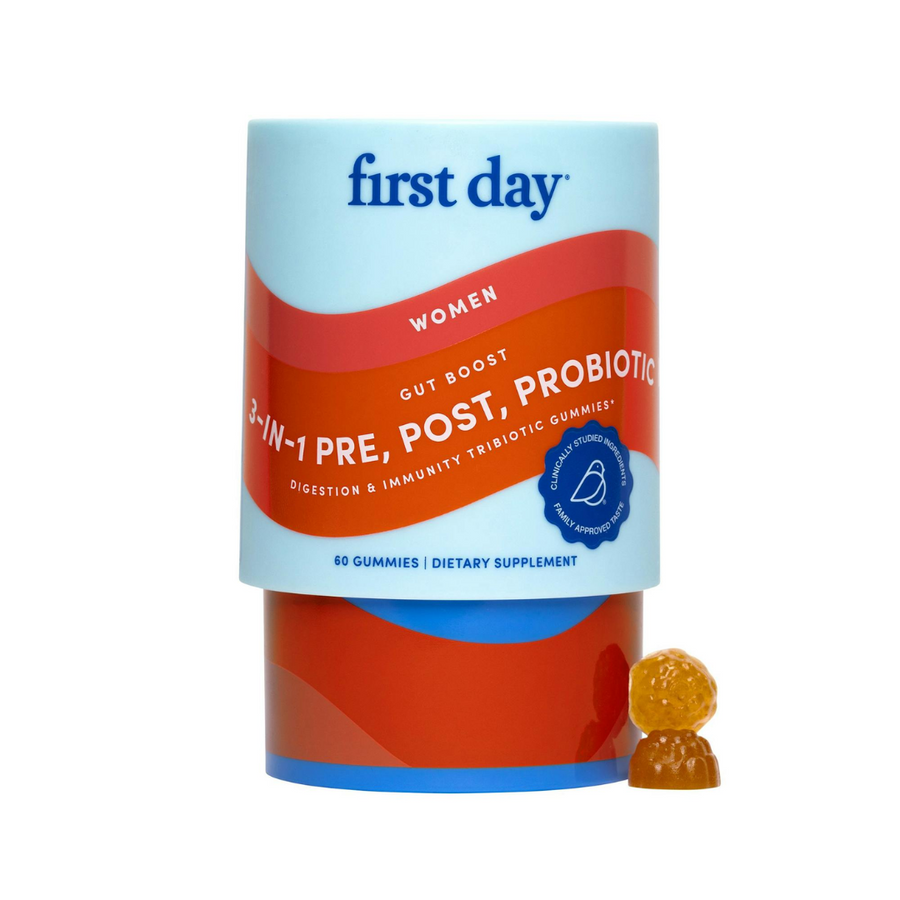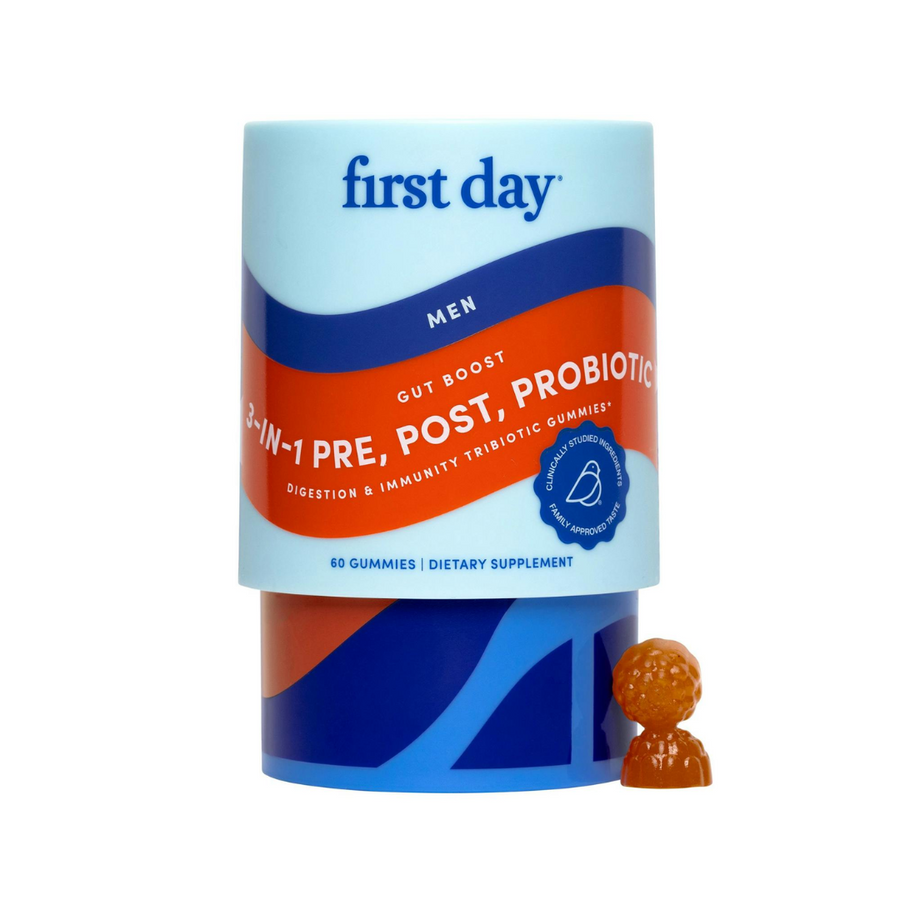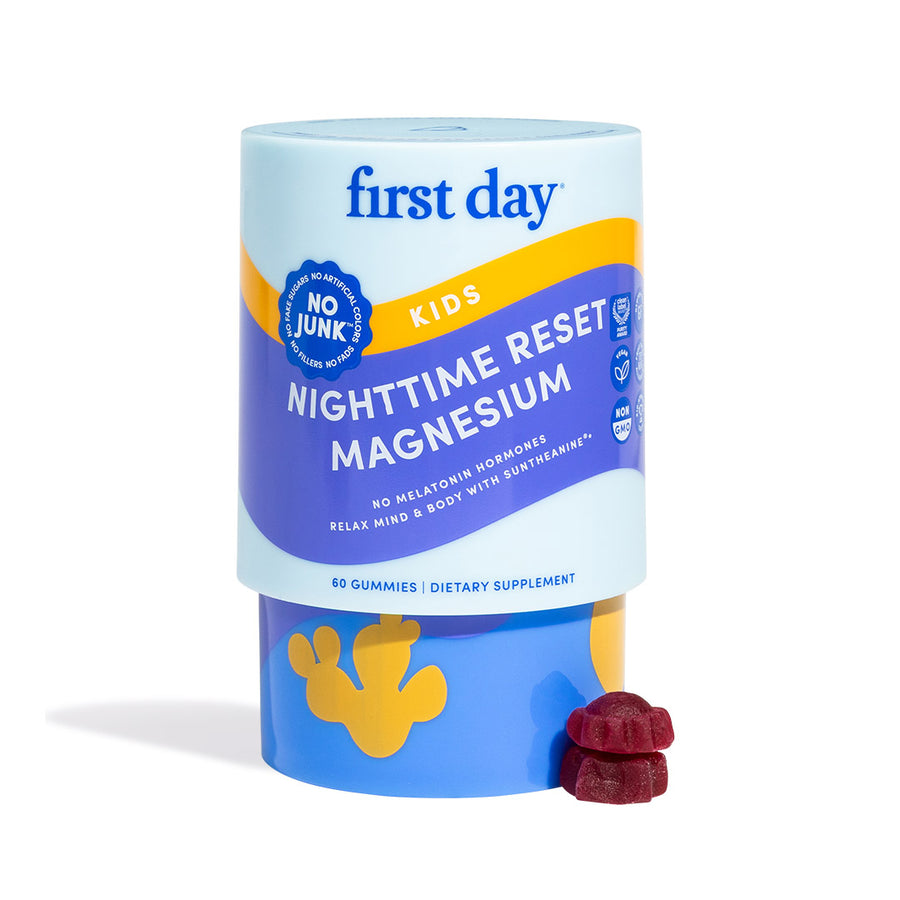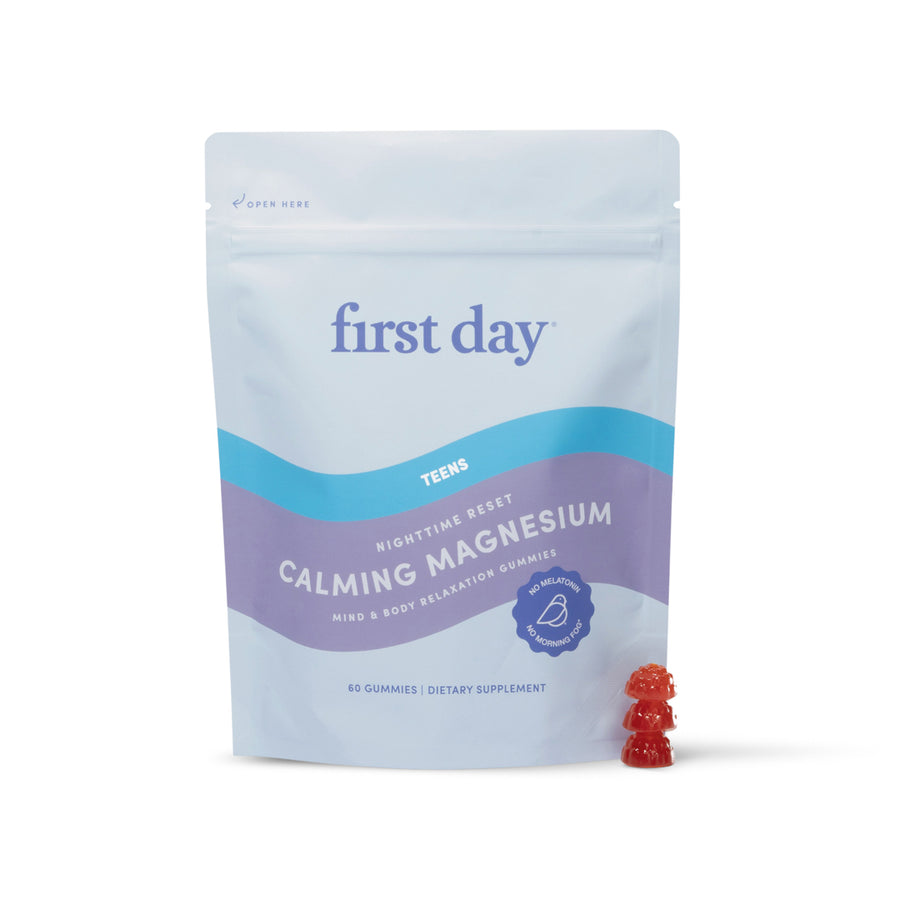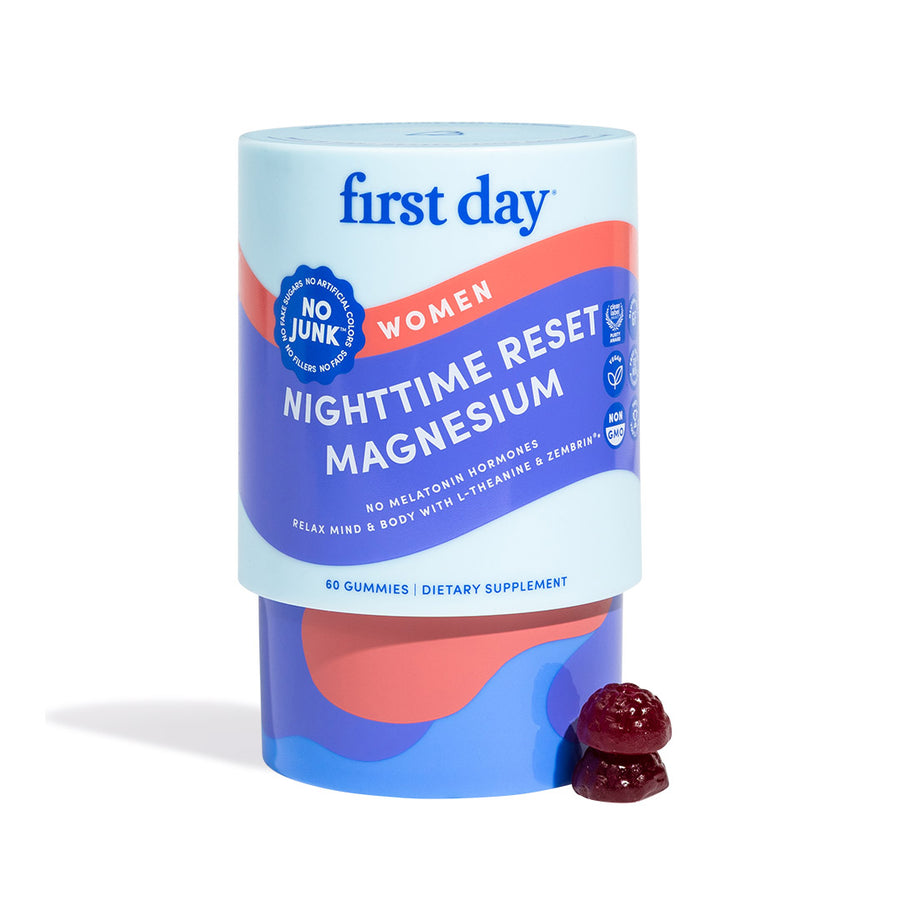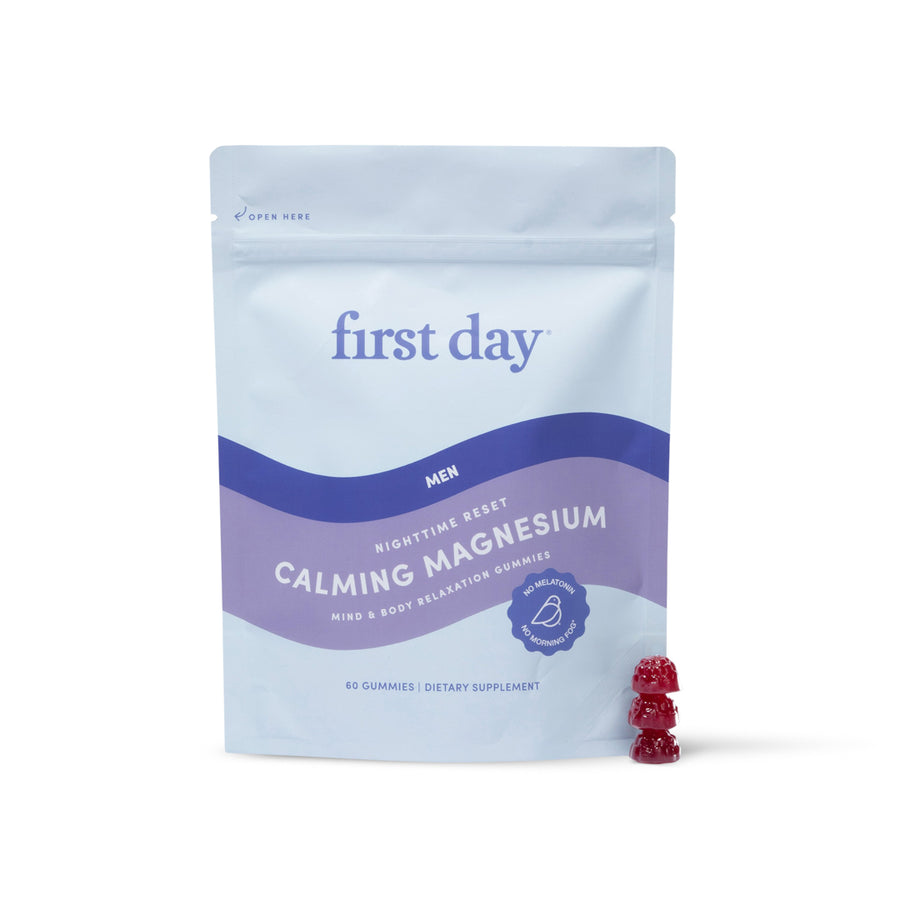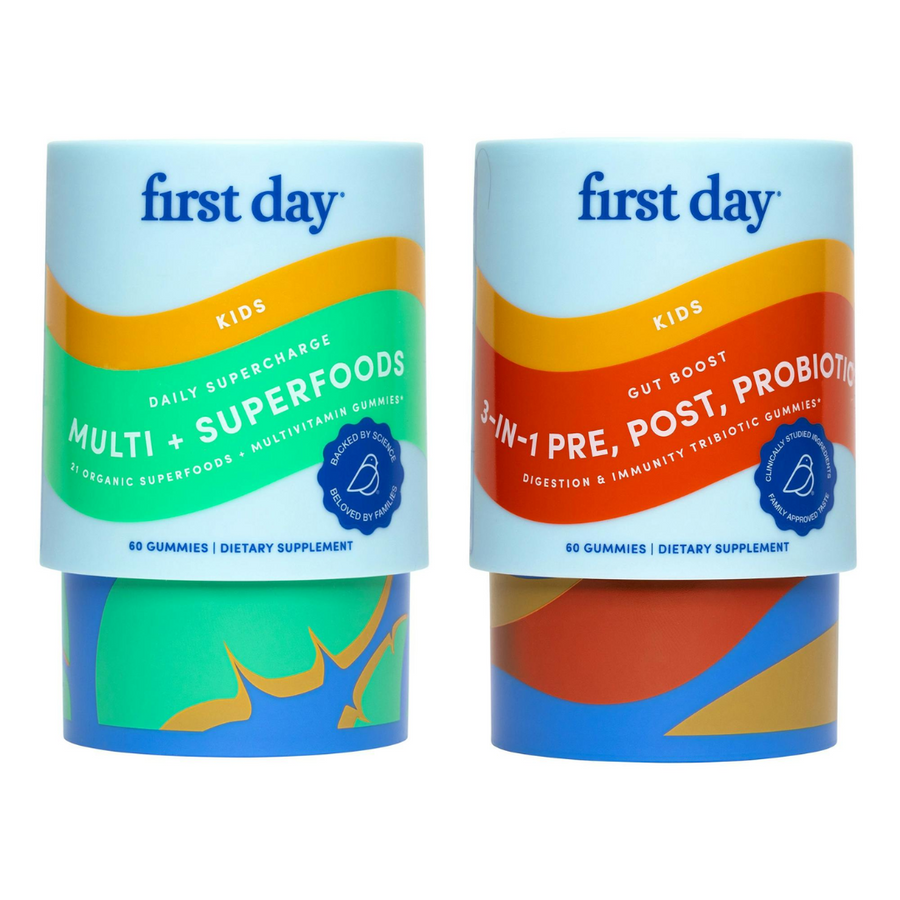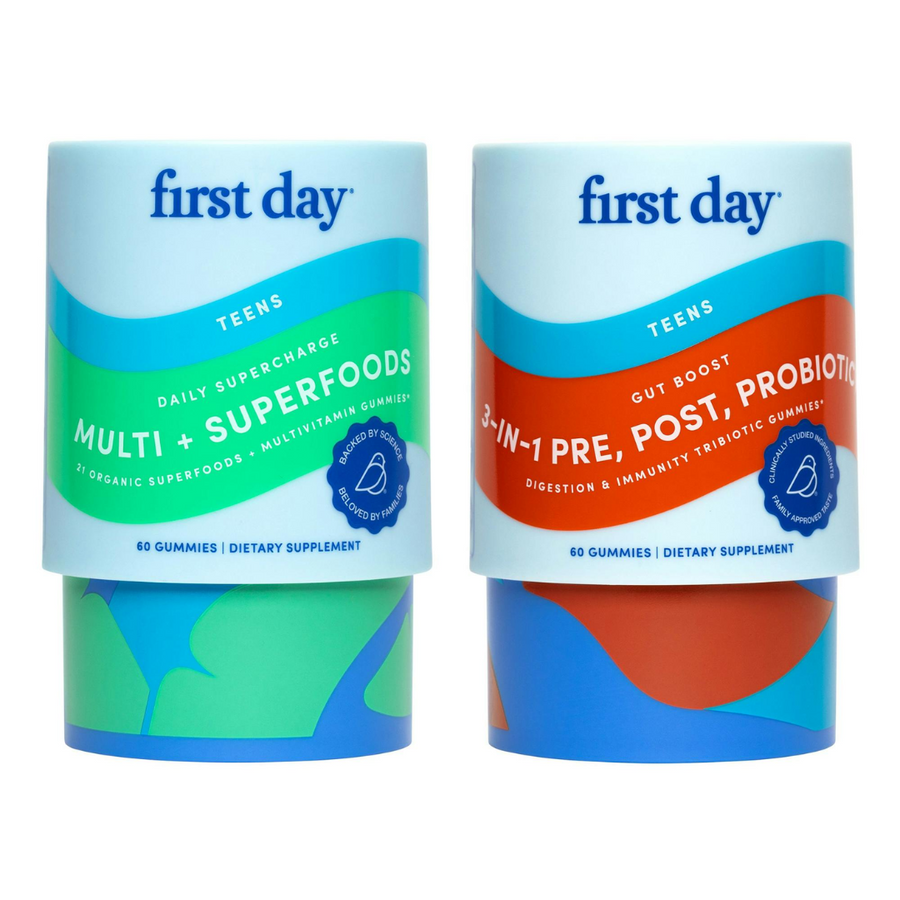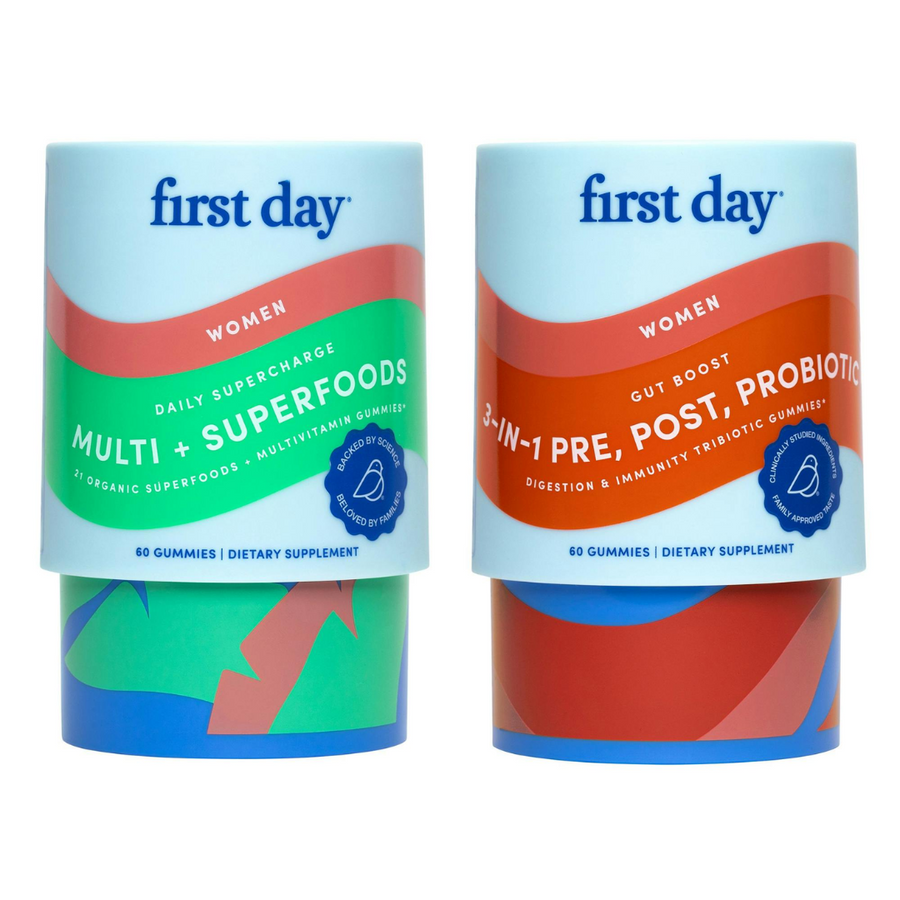As a parent, you want to do everything in your power to make sure your child is healthy. One of the best ways to help keep their immune systems strong is by feeding them a well balanced diet filled with whole foods to ensure they get certain nutrients. Another way, is by giving them vitamins that boost immunity. But with so many different options on the market, it can be hard to know which ones are right for your child. In this article, we will discuss what your kid's immune system is, how it works, and which specific children's vitamins can be immune-boosting. We will also provide tips on how you can further boost your child's immunity!

What is the Immune System?
Kids immune systems are a complex network of cells, tissues, and organs that works together to protect the body from infection. It is constantly on the lookout for anything that could potentially harm the body. When it finds something, it starts a process to destroy it.
The immune system is really important for keeping kids healthy. Our immune systems have undoubtedly saved us from numerous diseases, but we always seem to complain whenever something like the flu or other illnesses slip through!
Kids' immune systems are still developing and they can be more susceptible to infections. This is why it’s important to help them build up their immunity. The best way to boost your child's immune system is by ensuring they don't have any potential nutritional gaps and are getting all the nutrients and essential vitamins they need.
How Does Your Child's Immune System Work?
Our immune systems are constantly working to protect the body from infection. It does this by identifying potential threats, such as viruses and bacteria, and attacking them. Your kid's immune system has many different parts that work together to keep us healthy. It's incredible how each component contributes to our protection from disease-causing bacteria. Here are the different parts of your immune system and how they work:
1) Skin
The skin is the body's first line of defense against infection. It acts as a barrier to keep harmful bacteria and viruses out. You may think that your skin is just a protective covering for your body, but it actually serves as the body's largest organ and providing you with immune support.
This is due to the fact that your skin, which is the outermost layer of your body, contains glands that produce naturally defensive chemicals. However, when your skin is damaged, you are opening yourself up to bacteria and germs that can cause infection. That is why it is important to practice good hygiene and keep your skin clean and healthy.
2) Mucous membranes
Mucous membranes are another type of barrier that helps to protect the body from infection. They line the inside of the nose, mouth, throat, and digestive or respiratory tracts. Mucous membranes produce mucus, which traps bacteria and other foreign particles and prevents them from entering the body.
The mucus produced by mucous membranes also contains antibodies, which are proteins that fight infection. When you have a cold or the flu, you may notice that your mucus is thicker than usual. This is because your body is producing more mucus to trap the viruses that are causing your illness.
3) White blood cells
White blood cells are the soldiers that help you stay healthy. They are responsible for identifying and attacking foreign invaders, such as bacteria and viruses. There are many different types of white blood cells, each with a specific function.
The most common type of white blood cell is the neutrophil. Neutrophils are the first to respond to an infection and are responsible for destroying bacteria.
4) Lymphatic system
The lymphatic system is a network of organs, vessels, and nodes that help to rid the body of toxins, waste, and other unwanted materials. Lymphocytes, which are a type of white blood cell, are produced in the lymphatic system.
Lymphocytes help to protect the body from infection by producing antibodies that destroy foreign invaders. The lymphatic system also helps to remove excess fluid from the body and transports fat and nutrients to the cells.
5) Antibodies
Antibodies are proteins that are produced by the immune system to fight infection. They are found in the blood and other bodily fluids, such as mucus. Antibodies attach to foreign invaders, such as viruses and bacteria, and help to destroy them.
The body produces different types of antibodies to protect against different types of infections. For example, during cold and flu season the vaccine helps the body to produce antibodies that fight the influenza virus.
6) Macrophages
Macrophages are a type of white blood cell that engulf and destroy foreign invaders, such as bacteria and viruses. They are found in the lymph nodes, spleen, and liver. The macrophages in the lymph nodes are responsible for identifying foreign invaders and alerting the immune system to their presence.
7) Cytokines
Cytokines are proteins that are produced by the immune system to help fight infection. They are involved in the inflammatory response, which is the body's reaction to injury or infection. Cytokines help to recruit other cells of the immunity system to the site of infection.
The inflammatory response is a complex process that involves many different cells and chemicals. Cytokines play a vital role in this process by helping to coordinate the response of the immune system.
These are some of the most important components of the immune system. However, there are many other cells and proteins that also play a role in protecting the body from infection.

How Do Vitamins And Minerals Come Into Play?
Vitamins are essential nutrients that the body needs to function properly. They are found in food and can also be taken as supplements. Vitamins play many different roles in the body, including aiding in the development and function of the immune system.
The body needs vitamins to produce antibodies, white blood cells, and other important components for immune support. Vitamins also help to protect the body from infection by supporting our immune function.
Which Specific Vitamins For Kids Can Be Immune Boosting?
Children require a variety of kids vitamins and minerals to maintain their health and strength. The best-immune boosting vitamins for the children are the fat soluble vitamins including the Vitamin A, D, E and K. The water soluble vitamins including the Vitamin C and B-complex especially Vitamin B6 are the essential ones that help in maintain the immune health of children through their specific mechanism of actions in the body. Here is a more complete list of the best children's vitamins boosting your child's immunity:
1) Vitamin A
Vitamin A is a fat-soluble vitamin that is found in food and supplements. It is important for the development and function of the immune system. Vitamin A helps to produce antibodies, which are proteins that fight infection.
The body needs vitamin A to produce white blood cells, which are responsible for attacking foreign invaders. Vitamin A also helps to keep the mucous membranes that line the respiratory and digestive systems healthy. Vitamin A is responsible for maintaining the eye health in children as well as in individuals. Foods containing vitamin A like red and green vegetables and fruits like carrots and beans are helpful.
According to the National Institutes of Health, the recommended daily allowance (RDA) for vitamin A is 600 micrograms for children aged 9-13 years, and 900 micrograms for children aged 14-18 years.
2) Vitamin B6
Vitamin B6 is a water-soluble vitamin that plays an important role in immune support and function. It is involved in the creation of new red blood cells and helps to maintain the immune health of nerve cells. Vitamin B6 is also needed for the proper function of cytokines, which are cellular communication molecules that play a role in the immune response.
Good sources of vitamin B6 include lean protein like poultry and fish, potatoes, and fortified foods like cereal. The recommended daily allowance (RDA) for vitamin B6 is 0.5 mg for children aged 1-3 years, 0.9 mg for children aged 4-8 years, and 1.2 mg for children aged 9-13 years.
3) Vitamin C
Vitamin C is a powerful antioxidant and the main water-soluble vitamin that helps to protect cells from damage. It’s also involved in the production of white blood cells, which are key to fighting infection. Vitamin C is found in citrus fruits, broccoli, brussels sprouts, and kale. It’s also available in supplement form.
Vitamin C plays an important role to boost the immunity system in our body. It is water-soluble and easily gets removed from the body. Children are more prone to get affected by the deficiency of this vitamin.
According to the Linus Pauling Institute, the RDA for vitamin C is 40 mg for children aged 1-3 years, 50 mg for children aged 4-8 years, and 65 mg for children aged 9-13 years.
4) Vitamin D
Vitamin D is one of the most important vitamins for strong immune system, as it helps to regulate the activity of immune cells. It is very important for children to get enough vitamin D, as a deficiency can lead to increased risk of infection and autoimmune disease.
Vitamin D is important in helping your white blood cells in fighting infections by reducing inflammation. It also helps to regulate the activity of T-cells, which are a type of white blood cell that help to fight off viral and bacterial infections. Vitamin D is necessary to maintain the bone mineral density of the body and is required for the bone peak mass.
According to the American Academy of Pediatrics, all children should be taking a vitamin D supplement. The recommended daily allowance (RDA) for vitamin D is 400 IU for children aged 1-18 years.
5) Vitamin E
Vitamin E is a fat-soluble vitamin that can be found in leafy green vegetables, tree nuts, seeds, and vegetable oils. It acts as a powerful antioxidant, which means it helps to protect cells from damage.
It is important for a healthy lifestyle and immunity system because it helps to regulate and produce immune cells. It also helps to keep the skin and mucous membranes healthy, which act as a barrier against infection.
Studies have shown that vitamin E supplements can help to improve the immune response in children, especially in those who are malnourished or have certain medical conditions.
A review of studies found that supplementation was associated with a reduced risk of respiratory tract infections in children. Another study found that supplementation improved the immune response in children with acute respiratory tract infections.

What Vitamins Can Be Dangerous In A Daily Kids Supplement
There are certain vitamins and minerals which when oversupplemented can cause damage to the immune system and the rest of the body. These minerals should be avoided in any daily children's vitamins.
1) Calcium
Calcium can interfere with the absorption of other nutrients. Most kids obtain enough calcium from their diets and there are other foods that are better sources of calcium such as dark leafy greens and fish. Calcium is necessary to obtain from diet or through supplemental form for maintaining the calcium homeostasis in the body. It is necessary for the parathyroid gland mechanism involving the calcium metabolism and Vitamin D absorption.
Calcium supplements are not necessary for children unless they have a medical condition that prevents them from getting enough calcium from their diet. According to the Journal of the American Heart Association, calcium consumption from supplements may raise your risk of coronary artery calcification. Oversupplementation of calcium can lead to hypercalcemia in the body and bones can be more risk towards fracture.
2) Iron
Iron can be toxic in high amounts and kids are at a higher risk for iron overload. The best way for children to get iron is through food sources such as meat, poultry, fish, and beans.
Iron supplements should be avoided because according to the National Library of Medicine, iron overdoses are considered a leading cause of poisoning-related injury and death in young children. Iron supplements can also cause side effects such as constipation and an upset stomach.

How Can You Further Boost Your Kids Immune Systems?
There are many things that you can do to help keep your child's gut health and immunity in tip top shape, including:
1) Serve more fruits and vegetables
The easiest way to boost your child’s intake of vitamins and other nutrients is to serve more fruits and vegetables. Aim for a minimum of five servings per day. This can be challenging if your child is a picky eater. The more colorful the fruits and vegetables, the higher the nutrient content. Try to inculcate the habit to consume vegetables and fruits from a small age in your children. Vegetables are often disliked by kids so you can try My Plate concept or can introduce delicious recipes to fulfil the need of vitamins.
2) Boost sleep time
Studies have shown that children who get enough sleep have a stronger immune system. Most school-aged children need at least 10 hours of sleep per night. According to the National Sleep Foundation, toddlers need between 11 and 14 hours of sleep, while preschoolers need between 10 and 13 hours.
3) Reduce stress
Chronic stress can have a negative impact on your kid's immune system. Help your child to manage stress by teaching them healthy coping mechanisms such as deep breathing, journaling, and exercise.
4) Exercise regularly
Exercise is another immune booster that you can implement into your child's daily routine. Regular physical activity is one of the best things you can do for your child’s health. It helps to reduce stress, improve sleep, and increase their overall sense of well-being. Aim for at least 60 minutes of exercise per day.
5) Keep up with vaccinations
Vaccinations help to protect your child from serious diseases. The American Academy of Pediatrics recommends that all children receive the recommended vaccinations on time. These include the DTaP (diphtheria, tetanus, and pertussis), MMR (measles, mumps, and rubella), and the influenza vaccine.
6) Avoid processed foods
Processed foods are high in sugar, salt, and unhealthy fats. They can also contain additives and preservatives that can be harmful to your child’s health. Try to limit processed foods as much as possible in your child's diet and opt for fresh balanced healthy diet. The bacteria production is common in processed foods that are stored for a longer duration. It can trigger the immune system and can disturb the overall health.
7) Limit screen time
Too much screen time can have a negative impact on your child’s sleep, behavior, and overall health. The American Academy of Pediatrics recommends that children ages 2-5 years should have no more than one hour of screen time per day. For children aged 6 years and older, screen time should be limited to two hours per day.
8) Practice good hygiene
Teach your child the importance of good hygiene, such as washing their hands regularly and avoiding close contact with people who are sick. These simple measures can help to prevent the spread of infection.

Best Children's Vitamins for Boosting Their Immunity
The First Day kids daily multivitamin is the perfect supplement for kids of all ages. Our organic ingredients and modern science work together to help your child stay bright and healthy even if they are a picky eater. Our gummy vitamins are ideal for any youngster that wants to feel their best, with up to 80% less sugar than other brands, no artificial flavors or colors, and they are gluten free, gelatin-free, and vegan.
We also use all-natural ingredients, so you don't have to worry about artificial sweeteners going into your child's body. Our kids gummy vitamins are also one of the most affordable daily multivitamin products on the market, so you can feel good about giving your child the nutrients they need without breaking the bank.
Conclusion:
The best immune-boosting vitamins for children are vitamin C, vitamin E, and vitamin D. These vitamins are essential for keeping kids immune systems protected from infection. You can boost your child’s intake of these immunity-boosting vitamins by serving more fruits and vegetables, ensuring they get enough sleep, and reducing stress. You can also help to boost their immunity by vaccinating them on time and practicing good hygiene.
Give your child the best chance of staying healthy by giving them our gummy vitamins for kids. It’s the perfect way to help them get the nutrients they need for a strong immune system.
Dr. Zainab Naeem, DDNS

Zainab Naeem, Doctor of Nutrition and Dietetics has attained the degree of DDNS and is a nutritionist/ dietitian by profession and a writer by choice. She has attained the degree as a Nutritionist from The University of Lahore and has worked as a community nutritionist intern at Fatima Memorial Hospital, Lahore and Clinical Nutritionist from Mayo Hospital, Lahore Pakistan. She is also pursuing her degree in Associate degree in Psychology from Virtual University of Pakistan. She has been working as a nutrition and medical blog writer from past 4 years and many of her articles are published on various platforms. Zainab believes that a healthy body needs a healthy mind and her writings revolve around the concept of good nutrition along with working on the mental health too.
She is Co-Author at https://writingstake.com/ and https://sehatnutrition.org/. She is also a co-author in two anthologies and love to pen down her emotions on paper in the form of her writings. As a digital publisher, she has wrote numerous articles and wellness blogs for various clients as a freelance writer. And is currently working as a freelance nutritionist. You can get in contact with the nutritionist through platform https://sehatnutrition.org/ where she is serving as a Head of Hosting and Content writing or can reach her out on IG: xayni_de_artista.

